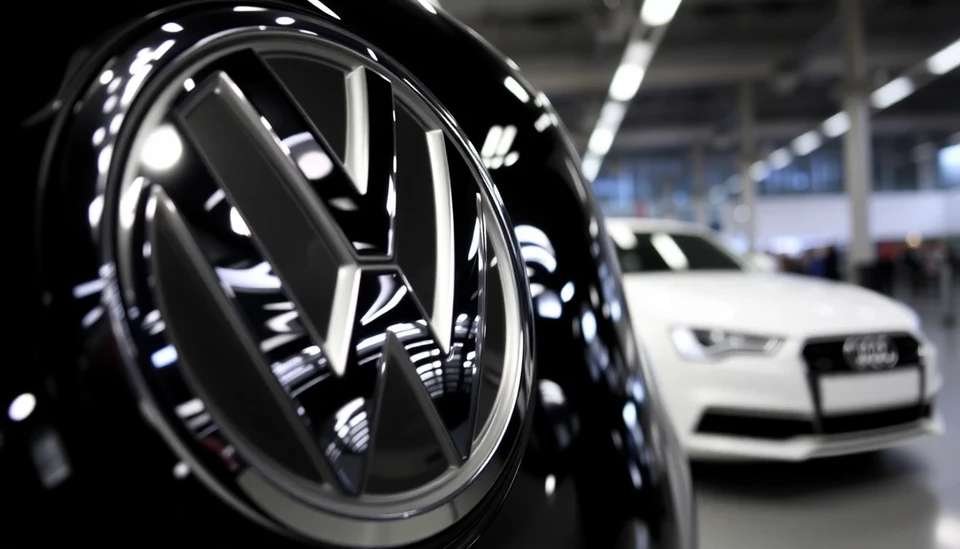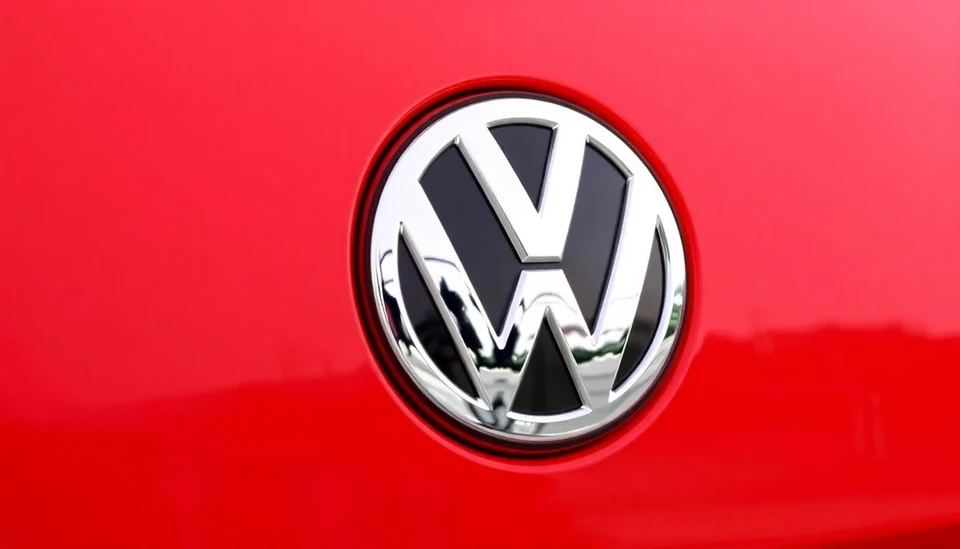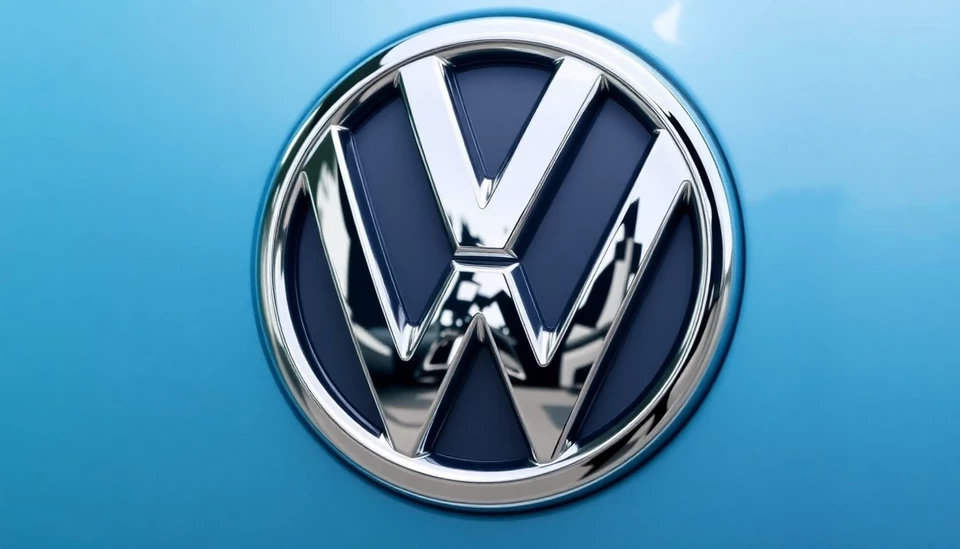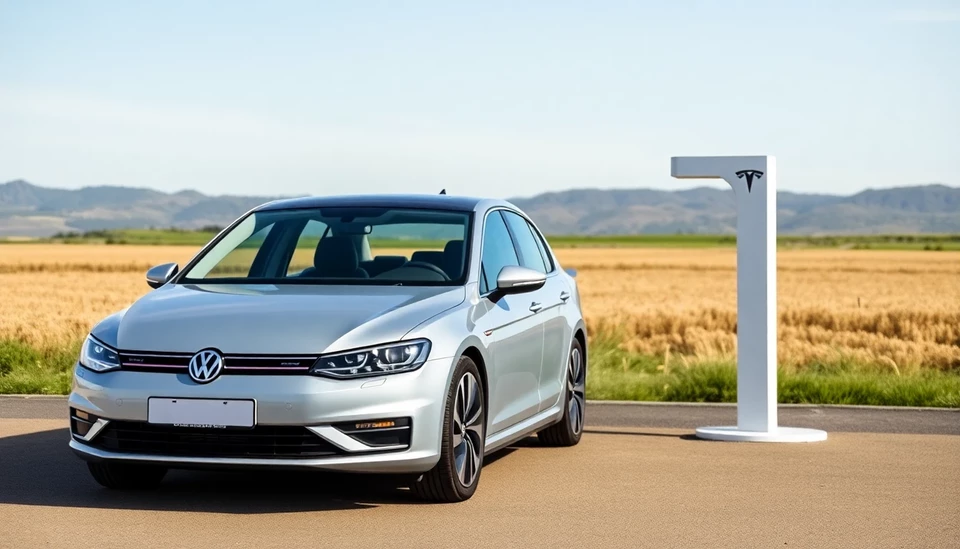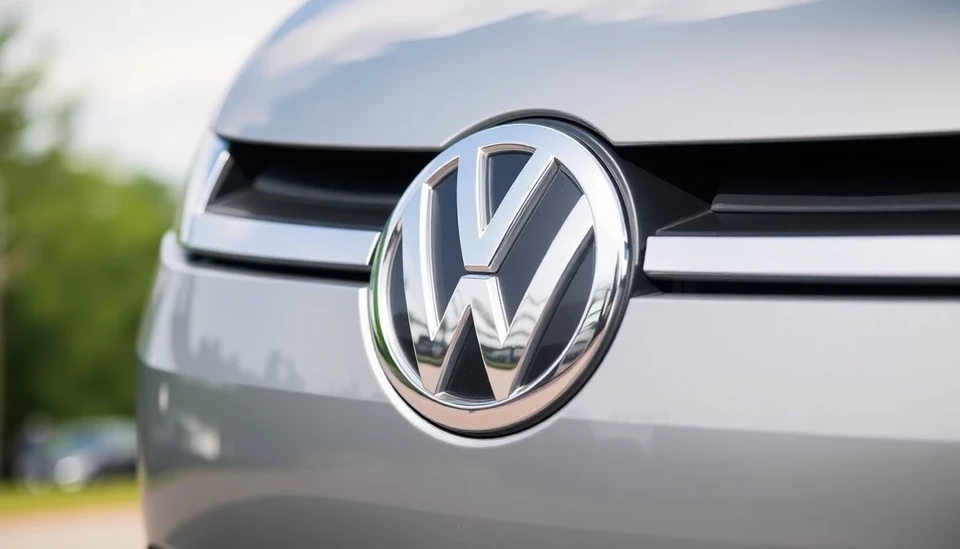
In a notable development for the automotive industry, Volkswagen (VW) and the German metalworkers' union have reached a tentative agreement aimed at preserving jobs while addressing ongoing challenges related to production capacity. This significant arrangement comes in light of the global shift towards electric vehicles (EVs) and the pressing need for a competitive edge in a rapidly changing market.
The deal is a response to VW's plans to reduce its manufacturing capacity and streamline operations as it pivots towards a more electrified lineup. This strategic shift has led to concerns among employees regarding potential job losses and plant closures in Germany, a country that remains a crucial hub for VW manufacturing.
As part of the agreement, VW will implement capacity reductions at several facilities but has pledged to keep its German plants operational. This will entail careful planning and investment to ensure that the plants can transition to support EV production while maintaining the workforce.
Union leaders have expressed cautious optimism regarding the deal, highlighting the importance of job security for employees amidst an uncertain economic landscape. They emphasize that maintaining these plants is vital not only for the employees but also for supporting the local communities that depend on the automotive industry. The agreement also provides a framework for ongoing negotiations regarding future investments and workforce development as VW moves forward with its electrification strategy.
This collaboration underscores the importance of cooperation between corporations and labor unions, particularly in times of major industry disruption. It marks a significant moment for VW as it seeks to balance the demands of a changing market with the needs of its workforce. The automotive giant is not only committing to preserving jobs but is also focusing on innovation and training to ensure that employees are equipped to handle new technologies and processes associated with EV production.
As the automotive landscape continues to evolve under pressure from competitors and regulatory changes, this deal positions Volkswagen as a proactive player in the transition to sustainable transportation. The successful implementation of this agreement may serve as a model for other companies navigating similar transformations in their industries.
The details of the deal will likely be scrutinized in the coming months as both Volkswagen and the union work to ensure effective execution while keeping employee interests at the forefront. This ongoing partnership could play a crucial role in shaping the future of manufacturing in Germany and beyond.
In conclusion, Volkswagen's proactive approach in negotiating with the union reflects a commitment to balancing operational efficiency with social responsibility, amidst the inexorable shift towards electrification in the automotive sector.
#Volkswagen #Germany #JobSecurity #ElectricVehicles #AutomotiveIndustry #WorkersRights
Author: Samuel Brooks
